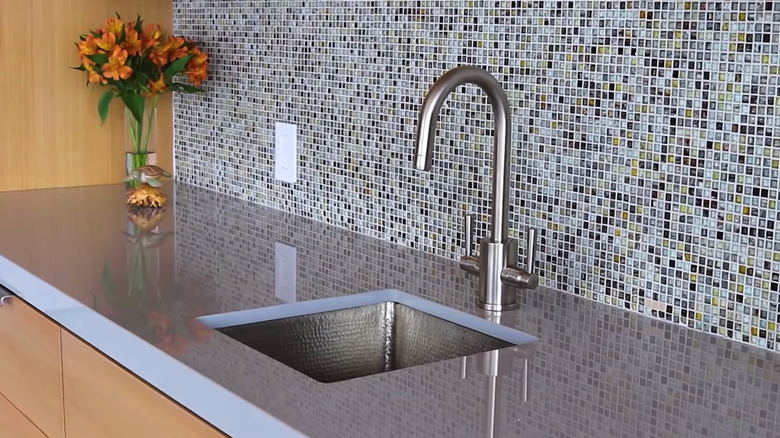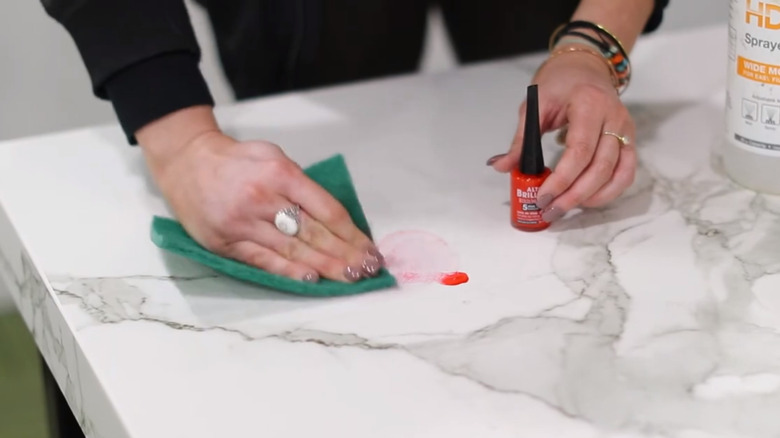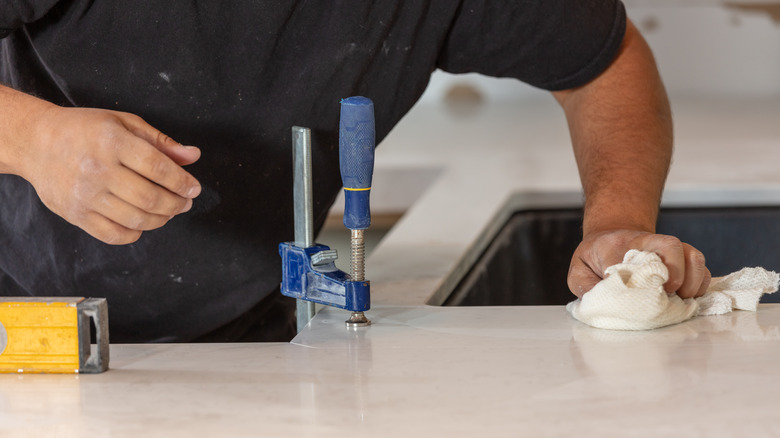How Dekton Countertops Stack Up Against The More Well-Known Materials
When searching for new countertops for your home, you may sift through dozens of popular styles that suit your kitchen or bathroom. But are you familiar with Dekton countertops? This fairly new style revolutionized countertop manufacturing by introducing high-tech machinery that can speed up the rate at which natural stone is pressurized to turn into countertops. Dekton countertops are manufactured and composed of more than 20 different types of minerals that are technologically bonded together to form a durable countertop material. The countertops are available in various colors and styles, enabling them to complement virtually any kitchen or bathroom aesthetic. Therefore, Dekton countertops can provide the illusion of a natural stone style without the cost and tiresome upkeep of their more expensive and sensitive counterparts.
Dekton countertops are also customizable in terms of thickness. Customers have five size options to choose from, ranging from 4 to 30 millimeters. The manufacturer's standard 3,200 x 1,400 millimeter-sized slabs call for fewer joints during the installation process, reducing the chances of interrupted patterns. Although the company that makes the countertops is based in Spain, Dekton countertops can be found inside various showrooms and big-box home improvement retailers around the United States. Some American countertop installers, sourcing the material from Europe or domestically, will even come to your home upon request for a free consultation. Continue reading to learn more about Dekton countertops, including their physical attributes and how their costs compare to other, more popular options on the market.
Physical attributes of Dekton countertops
Dekton countertops closely resemble some of the most sought-after countertop styles on the market. Still, in many ways, they offer more advantages than natural stone alternatives, which are also more expensive. Out of all the stone countertop materials, Dekton most closely resembles quartz in the way that it's artificially made, immensely customizable, and nonporous. However, both options are perhaps most lauded for their durability, with each style capable of lasting several years when properly cared for and ultimately resisting damage often caused by water and heat. The countertops also resist stains and scratches, which can make cooking, serving, and the cleaning process afterward all the easier. But Dekton countertops outshine their quartz counterparts in some ways. For example, Dekton counters can withstand temperatures of more than 550 degrees Fahrenheit, while quartz can only handle temperatures of up to roughly 150 degrees Fahrenheit.
Dekton countertops are also easy to care for. The material doesn't need sealing or additional protection that other, more sensitive countertop materials require. Just use mild soap and water to handle everyday messes, and turn to stronger products, like a grease remover or cleaning solvent, to remove more stubborn residue. Still, while Dekton countertops are incredibly strong, they're not invincible. Accidentally dropping a heavy object onto the counter at high impact can risk cracking or breaking the material. Doing so would call for replacing the entire slab of stone since severe damage usually isn't possible to repair.
Cost to install Dekton countertops
Dekton countertops allow homeowners to get in on most of the physical benefits of natural stone countertops without making as much of a financial sacrifice. But despite this comparison, Dekton is still far from a budget-friendly alternative, with the majority of the other available countertop choices priced similarly or even lower than the technological marvel. Dekton is quite expensive for a manufactured countertop option, costing anywhere from $80 to $150 per square foot, depending on the style selected and the size and layout of the room in which the countertops are being installed. To compare, the most costly laminate options run at about half the price of the most expensive Dekton options, with costs to install ranging from $20 to $80 per square foot.
Dekton's price point marks the material on par with quartz, which can range from $80 to $180 per square foot to install, including any additional charges for labor. However, Dekton may be more cost-effective compared to finer countertop materials, especially in the long run. For instance, natural stones, like marble, can cost up to $250 per square foot, and metal options, like copper or stainless steel, can reach up to $200 per square foot. But comparing prices alone isn't the best way to assess the true value of a new set of countertops. Consider the physical benefits of Dekton countertops and their long-term cost advantages to determine if they are a worthwhile investment for your home.


